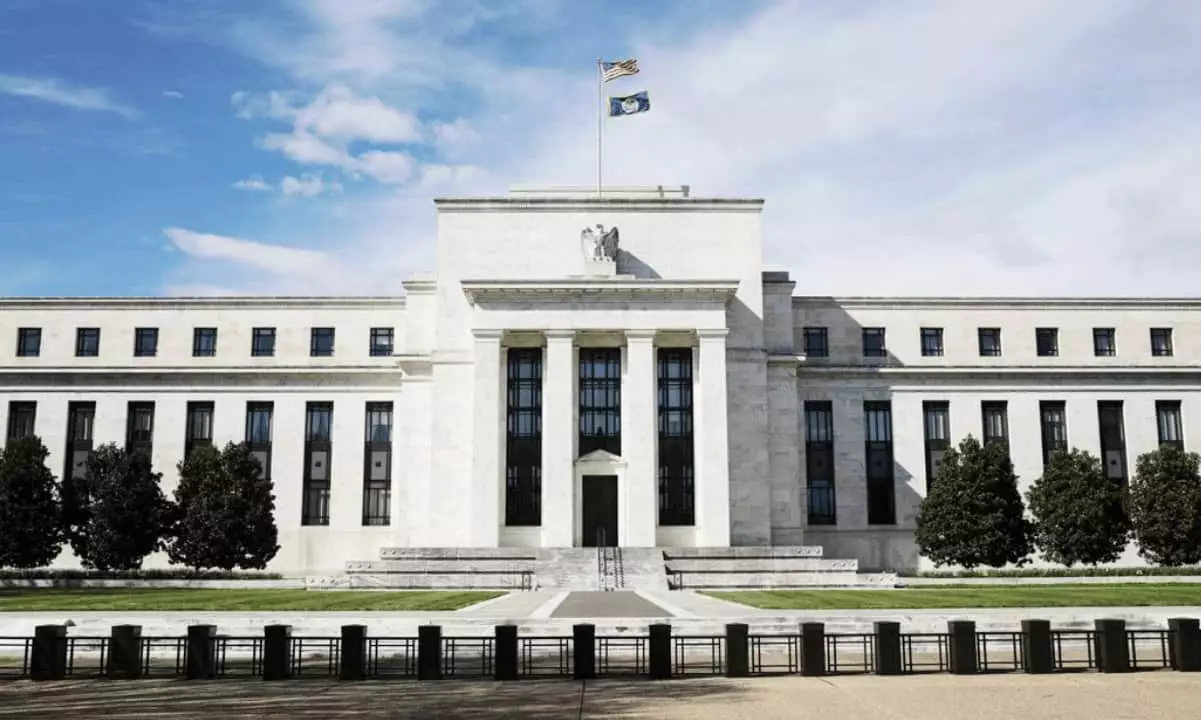The resignation of U.S. Federal Reserve Vice-Chair for Supervision Michael Barr marks a pivotal moment in the ongoing discourse surrounding banking policies and cryptocurrency regulation. As former President Donald Trump prepares to reclaim his position in the White House, Barr’s departure raises profound questions about the future direction of U.S. financial oversight. What makes this transition even more significant is Barr’s polarizing legacy in relation to the burgeoning world of digital assets. His tenure has led to considerable controversy, particularly among advocates for cryptocurrencies and innovative financial technologies.
Michael Barr’s arrival in the position of Vice Chair for Supervision in July 2022 was rooted in a broader commitment to enhance the transparency and accountability of the Federal Reserve’s regulatory framework—a necessity that became acutely evident in the wake of the 2008 Global Financial Crisis. The creation of this role was emblematic of a shifting landscape in which financial stability and consumer protection were prioritized. However, while Barr’s initial appointment sought to reassure markets and investors, his policies increasingly drew skepticism, particularly from the rapidly evolving crypto sector.
Throughout his leadership, he has advocated for rigorous oversight of digital assets, positioning the Federal Reserve to wield significant regulatory authority. His stance that it was “unsafe and unsound” for banks to directly hold cryptocurrency on their balance sheets has been perceived as inherently adversarial toward the crypto industry. This viewpoint, rooted in caution, reflects a broader unease among traditional financial institutions regarding cryptocurrencies’ volatility and regulatory ambiguities.
Many industry leaders argue that Barr’s regulatory initiatives have hampered U.S. banks’ capabilities to engage with cryptocurrencies competitively. These sentiments have been echoed in the aftermath of unredacted letters obtained through legal action by cryptocurrency exchange Coinbase, which purportedly reveal concerted attempts by regulatory bodies to stifle banks’ engagement with crypto-related services, including essential transactions.
The repercussions of such regulatory measures extend beyond mere operational difficulties for financial institutions; they also risk positioning the United States as a second-tier player in the global cryptocurrency market. As highlighted by Iowa Congressman Zach Nunn during a recent congressional hearing, the alleged “anti-crypto crusade” led by Barr and fellow regulators has ignited frustrations among lawmakers eager to foster innovation in the financial sector.
The response from legislators and crypto advocates to Barr’s planned exit has been vociferous. Notably, Wyoming Senator Cynthia Lummis has publicly criticized Barr’s tenure, alleging an illegal consolidation of power that adversely impacted the state’s digital asset ecosystem. Such criticisms unveil the sharp divide between regulatory bodies and cryptocurrency proponents, emphasizing the need for a reevaluation of policies that govern this rapidly changing landscape.
Lummis’s assertions raise critical concerns about regulatory overreach and the potential stifling effects of aggressive supervision on technological advancements. This dialogue reflects broader tensions in Washington, D.C., where innovation often clashes with a cautious regulatory mindset—a paradox that has defined the conversation surrounding fintech and cryptocurrencies.
As Michael Barr prepares to leave his position, questions loom regarding who will step into the role and how the change in leadership will affect cryptocurrency policy moving forward. The incoming administration, led by Trump, is poised to make significant shifts in regulatory approaches toward digital assets. The recent departures of figures like Barr and Gary Gensler from the SEC signal a potential pivot toward a more permissive regulatory environment, which could either foster innovation or lead to a lack of necessary oversight.
Ultimately, the ongoing evolution of the relationship between traditional banking, digital assets, and regulators will shape the future landscape of finance. As the cryptocurrency industry continues to advocate for more inclusive policies, the need for a balanced approach that fosters innovation while ensuring financial stability becomes increasingly apparent.
Michael Barr’s resignation from his role at the Federal Reserve highlights a critical juncture in U.S. banking and cryptocurrency regulation. As the country braces for a shift in leadership and policy, it remains to be seen how these changes will affect the landscape of digital assets. The conversation surrounding regulation is far from over and suggests a future that is both uncertain and filled with potential.
















Leave a Reply